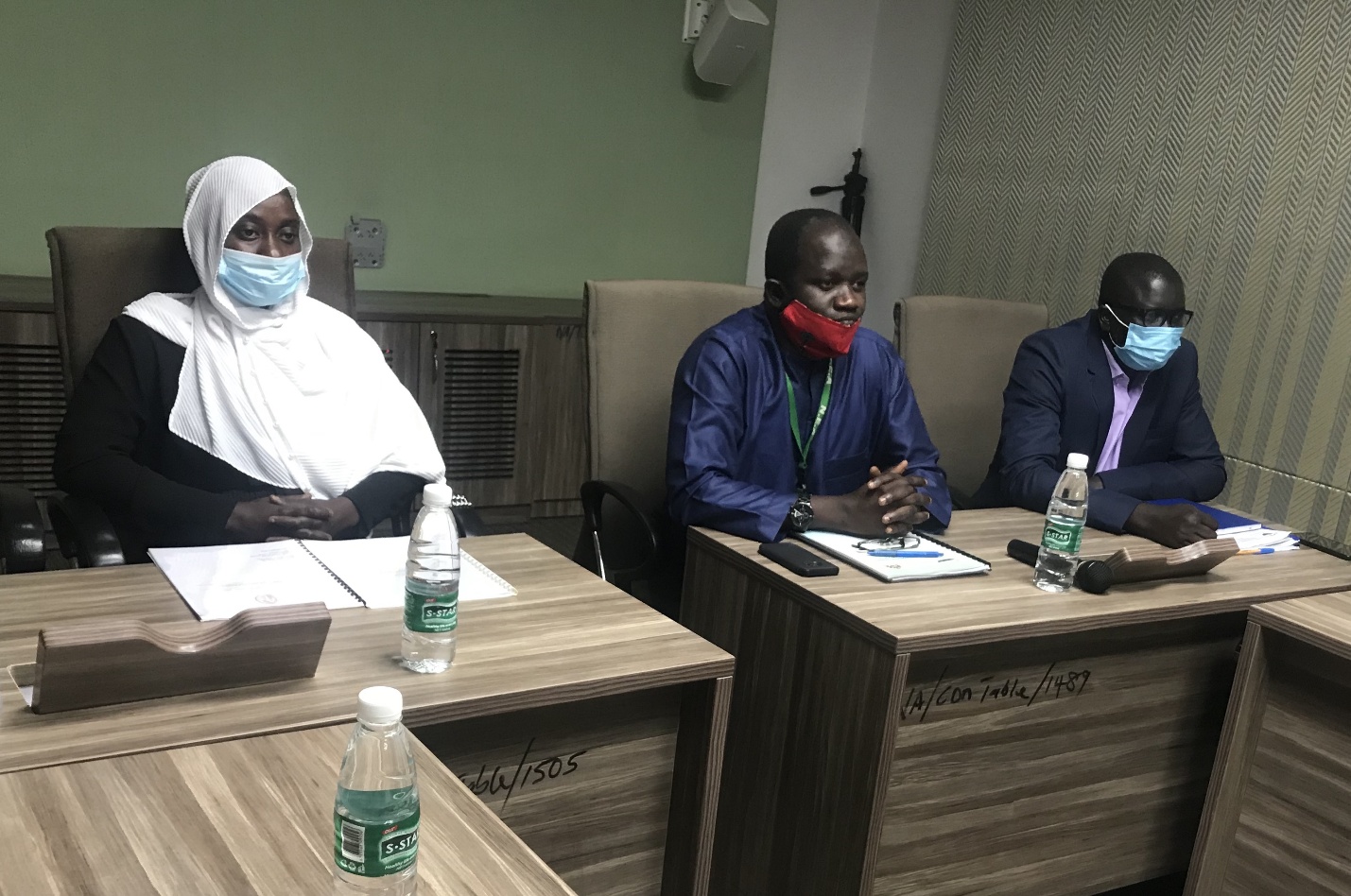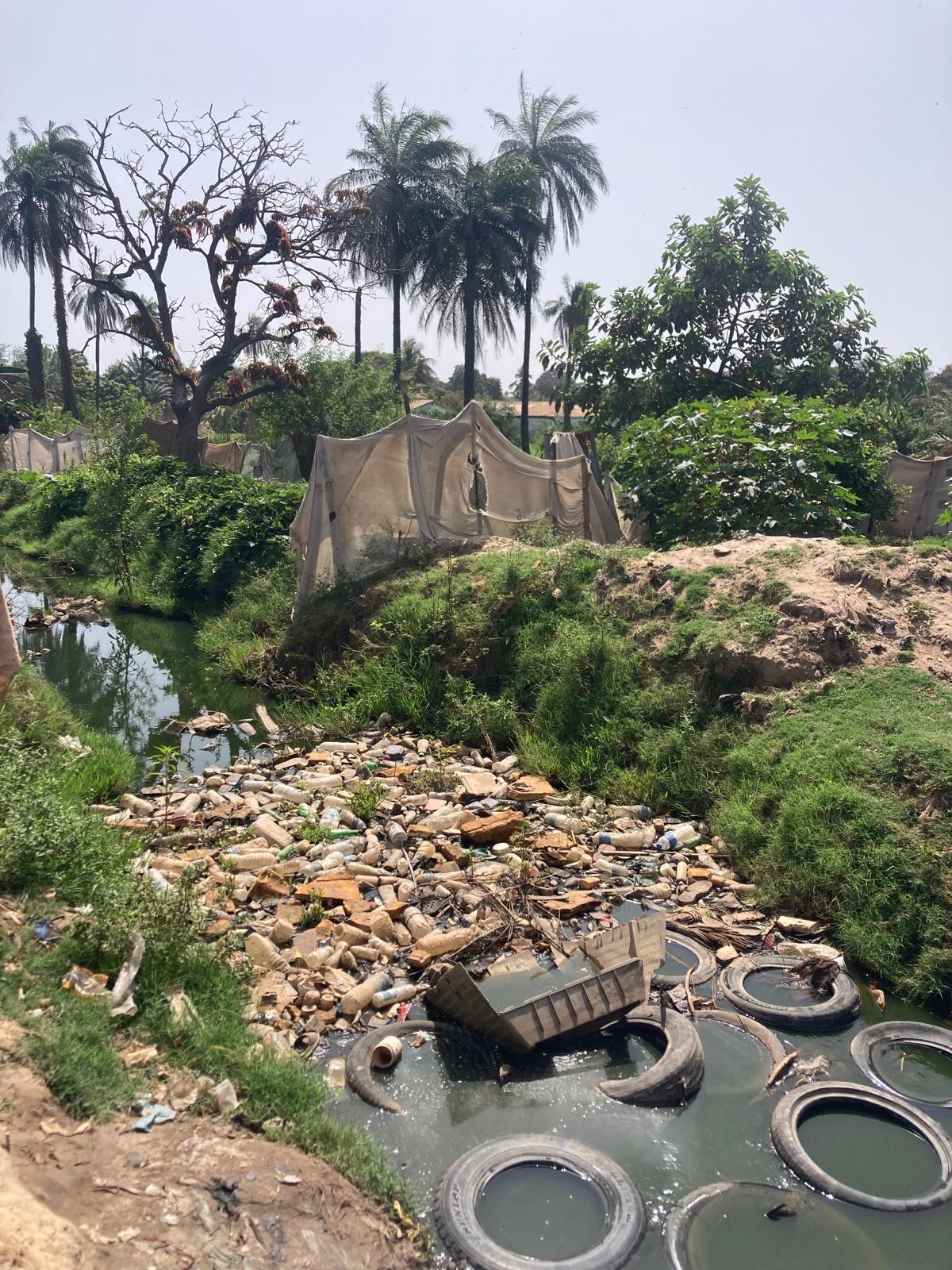By: Mariama Njie
Covid-19 has significantly impacted the world and Gambia is not an exception. The pandemic has caused a reduction in health service delivery, especially for women’s physical health conditions resulting in an increased challenge for an already vulnerable group; Maternal care, reproductive health service and gender Based violence.
Fatima Jarju, Program Assistant at Think Young Women Association said “Covid-19 has really affected women in all aspects especially with their physical health, a lot of pregnant women did not have access to health care services which affect them.”
She said at home women were not able to fully participate in their triple roles of women in society adding that “when we talk about the triple role of women which are things expected of us in society were restricted as well.”
She told the Voice Newspaper that as a result of the covid-19 pandemic a lot of women and girls were sexually abused which resulted in unwanted pregnancies.
Meanwhile, Dr. Musa Marena, Program manager for Reproductive Maternal Adolescent and Children at the ministry of health said Since the advent of COVID-19 in 2020 maternal health has been affected directly.
“Covid-19 has impacted women from the availability of resources, gathering of people at one place, provision of health care and adequate health care,” he added.
He noted that maternal health is one of the important care system deliveries in this country and it has taken the junk system of health facility delivery in the Gambia that all the hospital has is a Unit of maternal health.
“The advent of COVID-19 the restrictions such as social distancing, reduce number of people and the fear that if one goes to the hospital will be infected with the virus has made women to stop coming to the clinic and some of them were not coming for antennal care,” he revealed.
Dr. Marena went on saying their data have shown that the number of women coming for antennal care during the initial face of COVID-19 and facility deliveries has really reduce.
“Contraceptives, family planning services were deeply affected by covid-19 by women avoiding the health facility,” he said.
Direct impact of covid-19 on pregnant women, he said with the delta variant many women especially pregnant ones have shown severe symptoms and some of them even die as a result of covid-19.
According to Marena, due to the covid-19 women are not coming for contraceptive services and for that reason it is expected that there will be an increase of deliveries in 2021.
“The number of maternal deaths in 2019 compare to 2020 has actually reduce, so we don’t know what is going to happen in 2021 but if you compare 2019 to 2020 a lot of women die as a result of pregnancy implications but COVID-19 has not increased the number of maternal deaths that were recorded in 2020.”
He said the only issue which is affecting the service currently is the availability of resources that Gambia imports almost everything when it comes to health care and access to this is not easy because countries have stopped exporting items to other countries.
Health Expert’s Remarks
Gibril Gando Baldeh Senior Health Communications Officer, health communications unit said COVID-19 has impacted all genders in the world and it has really affected mostly women.
In the aspect of reproductive health, he said “pregnant women may be at high risk of infections due to their visiting of health centers.
He also said that since the beginning of the pandemic there has been a decline in access to reproductive health care because many women feared to go to the hospital.
COVID-19 and Menstruation
Baldeh said another burden on women’s health due to the pandemic is limited menstruators in a sense that the material women use during their period has either increased in prices or is scarce.
“This in one way or the other has impacted on women’s physical health because when these things are limited obviously, their prices will go up and many could not access it,” he added.
COVID-19 cases and vaccination in women
Baldeh revealed that 40 percent of the confirmed cases in The Gambia are women, noting that “this could show how vulnerable women were during the pandemic.”
There are fears and misconception within some women that the vaccine might affect fertility. However, Mr. Baldeh said the vaccine has no implications to pregnant women or women’s fertility. Many women fear the fact that if they take the vaccine it might interfere with their fertility.
We are calling on women who want to give birth or even pregnant can go on and take the vaccine to at least help them build their immunity, he said.
He urged women to have it in mind that there is no implication to women’s fertility and pregnancy as far as taking the COVID-19 vaccine is concerned.
Covid-19 and Periods
“There is no evidence to back any cycle change due to anyone taking the vaccine, so there is no cause for concern to say if you take the vaccine your menstrual cycle will be interrupted, this misconception has also cause fear and stress in the lives of many women,” he added.
He further appeals to women to get vaccinated for their own protection.
The Gambia registered its first coronavirus case on 17 March, 2020. Since then, government continues its fight against the deadly virus to protect its own people.
This Story was produced with support from Journalists for Human Rights (JHR) through its mobilizing Media in the fight against COVID-19 in partnership with Mai Media and Voice Newspaper.





